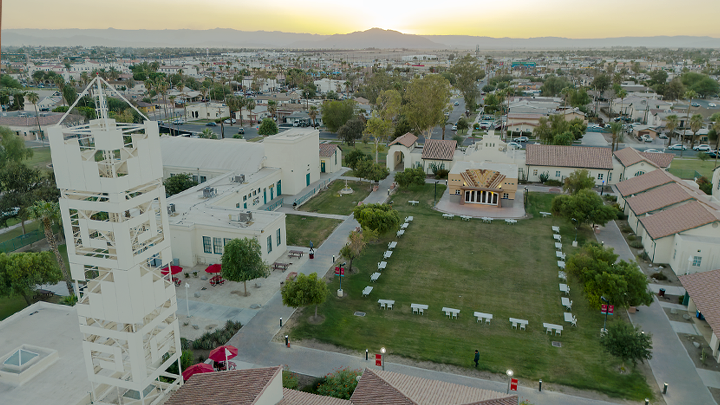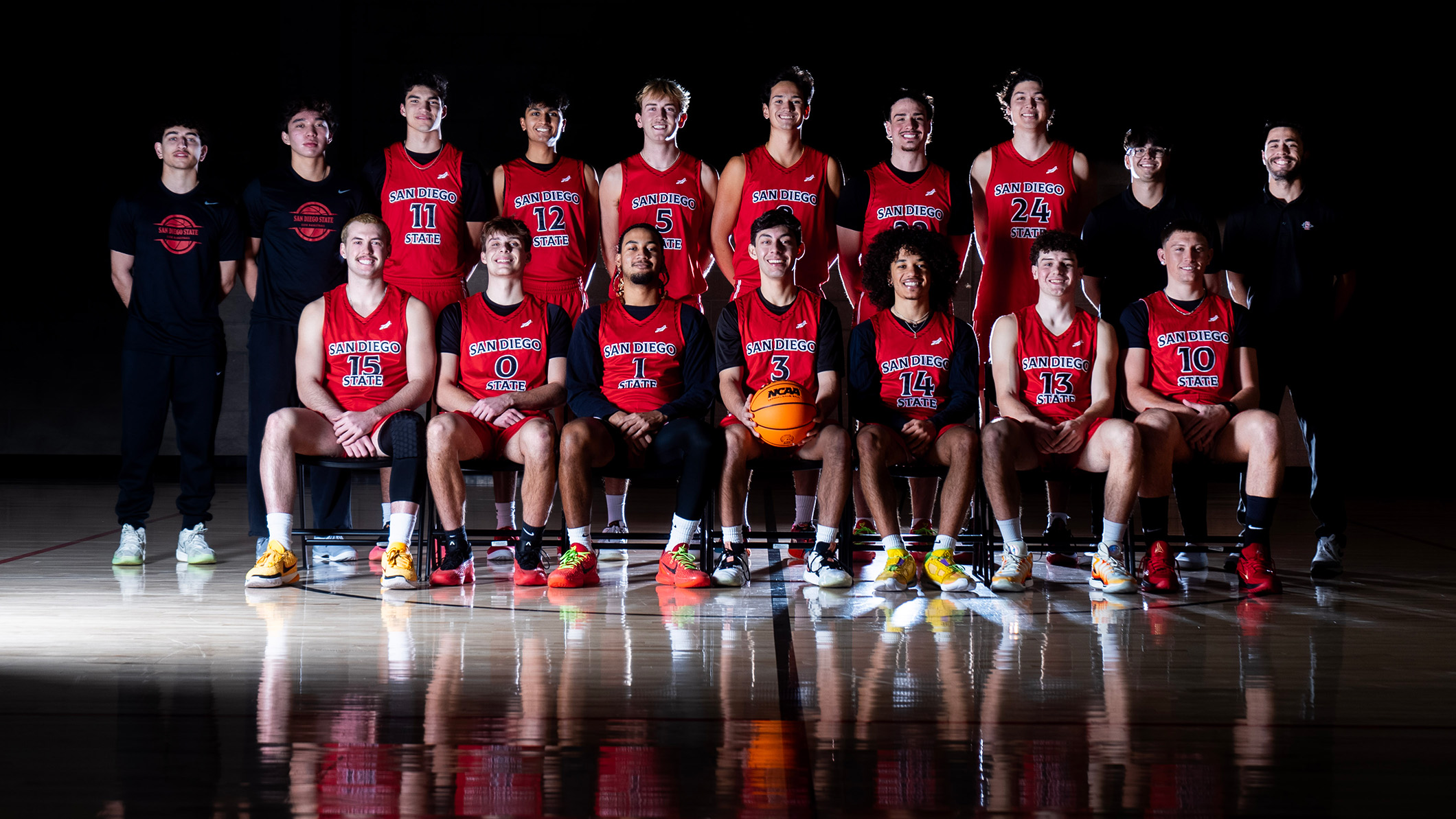Binational research effort addresses toxicology, public health
The collaboration by faculty and students at SDSU Imperial Valley and UABC in Mexicali includes projects targeting cross-border environmental issues.

San Diego State University Imperial Valley public health professors are partnering with University of Baja California (UABC), Mexicali researchers on binational toxicology related research.
Faculty will collaborate on research related to molecular, environmental, and occupational toxicology, as well as environmental health and the chemistry of toxic substances.
“The environment and the health of our region doesn’t have borders,” said Ernesto Beltrán, researcher for UABC’s core facility of chemistry and advanced materials. “Through this alliance, we are able to extend our resources and develop bigger efforts to address public health issues.”
Signed in August, the agreement calls for the institutions to offer their laboratories to faculty and student-led research projects. Researchers from SDSU Imperial Valley and UABC hope the data they formalize will inform the efforts of local organizations and government agencies to minimize public health issues.
“Our key goal is to not duplicate the same projects, but expand data and make it more possible to conjoin our efforts more efficiently,” said Linda Lara-Jacobo, SDSU Imperial Valley associate professor in public health.
Both institutions’ faculty members will also apply to local, state and federal grants to fund toxicology studies at the California-Baja California border. Researchers say they also hope to participate in specialized services requested by corresponding industries in Mexico and the U.S.
“Our type of research proposals have to be in a certain formality and be backed up by strong data that will best guide local agencies to take the best action against air and water damage,” said Benjamin Valdez Salas, researcher for UABC’s core facility of chemistry and advanced materials.
At UABC, researchers say different colleges within their university, such as engineering, can add a stronger influence in expanding research tools that can be tied to collaborative public health efforts.
“Each expert at its college has their own issues that they are researching, but as an institution, we know that working with SDSU Imperial Valley we can create a stronger multidisciplinary effort to form bigger projects,” said Valdez.
Undergraduate and graduate students will also have the opportunity to participate in related research through grant or classwork activities.
In October, SDSU Imperial Valley opened research laboratories for public health at its Brawley campus. The laboratories will be open for students enrolled in the new public health bachelor’s program to gain hands-on experience, expanding even more research activities in Imperial Valley.
“Having students from both institutions is important because it brings a new perspective and knowledge that we know they can apply to their careers,” said Lara. “Opening access to our own infrastructure and resources is something that we hoped for a long time and that will bring new opportunities down the road.”



